“We reached a wage agreement,” PM Viktor Orban announced. On Monday morning, Mr. Orban signed the three-year wage accord with representatives of both employers and employers at the Carmelite Monastery, in his Budapest office.
After the signing, Laszlo Perlusz, Secretary General of the National Association of Entrepreneurs and Employers, emphasized that this agreement follows two difficult years. It includes a 7% increase in the guaranteed minimum wage and a 9% increase in the minimum wage. – For 2026 and 2027, we committed to 13% annual increases in the minimum wage, Mr. Perlusz added. “We went all the way to the wire, but this is a good agreement on wages, he said.
Melinda Meszaros, head of the Liga Trade Unions, highlighted the challenges faced by labor representatives during the negotiations. “This year, in particular, it was difficult to reach an agreement due to economic hardships and the backdrop of wartime circumstances,” she said.
– She also noted that the current agreement builds on a 2016 accord that spanned two and a half years. We established a three-year wage trajectory, with minimum wage increases of 9, 13, and 14 percent, respectively. Hungary can take pride in being one of the six EU countries where the minimum wage already aligns with European standards, Ms. Meszaros remarked. She added that the agreement also includes a compensation system.
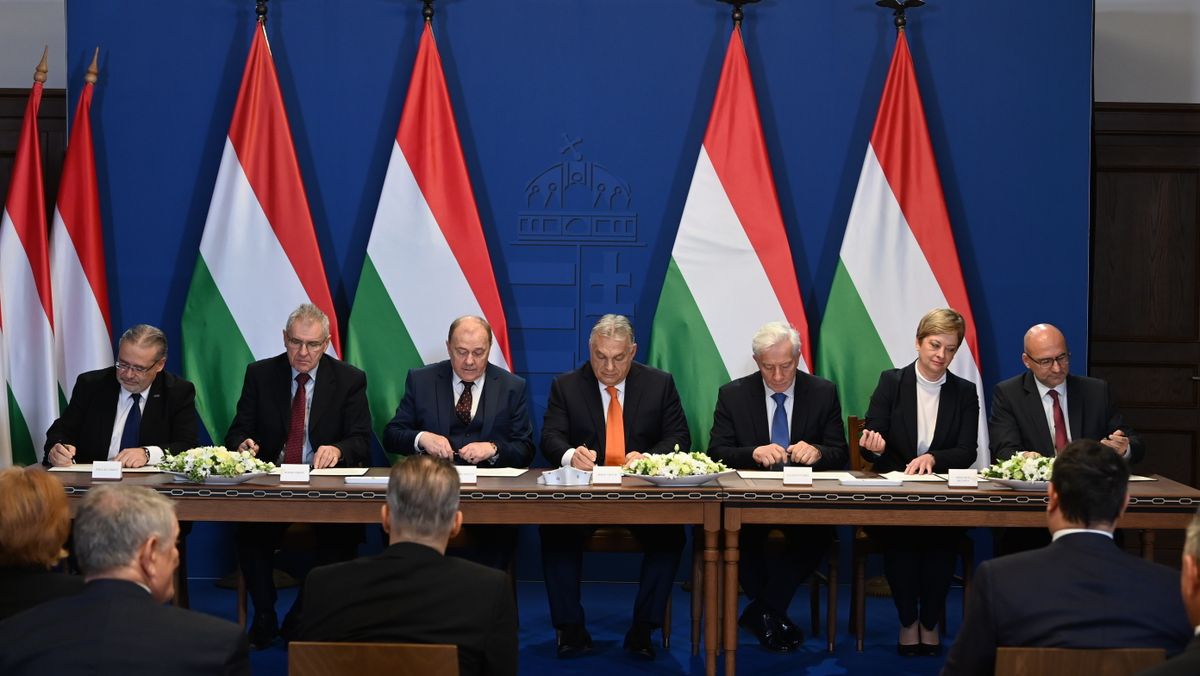
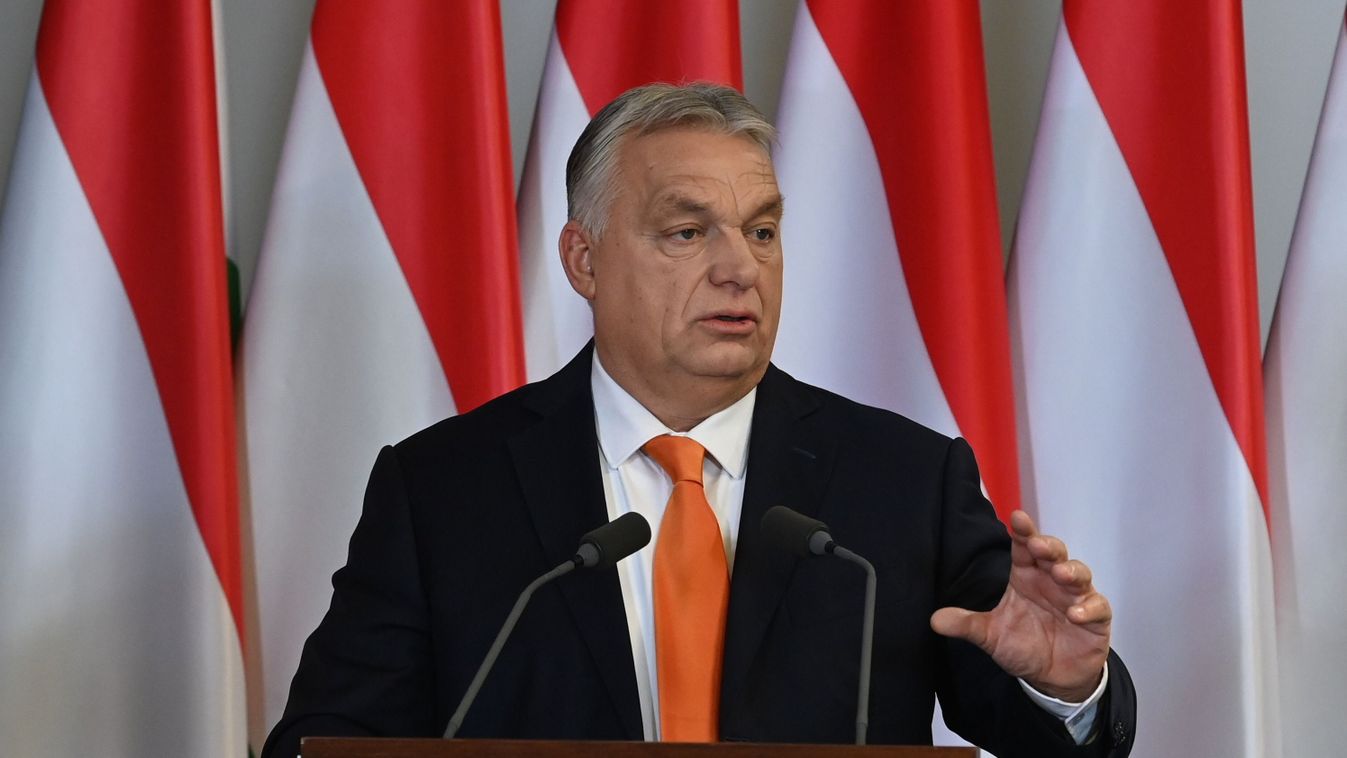



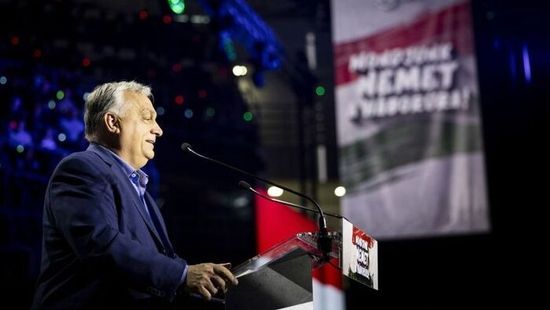

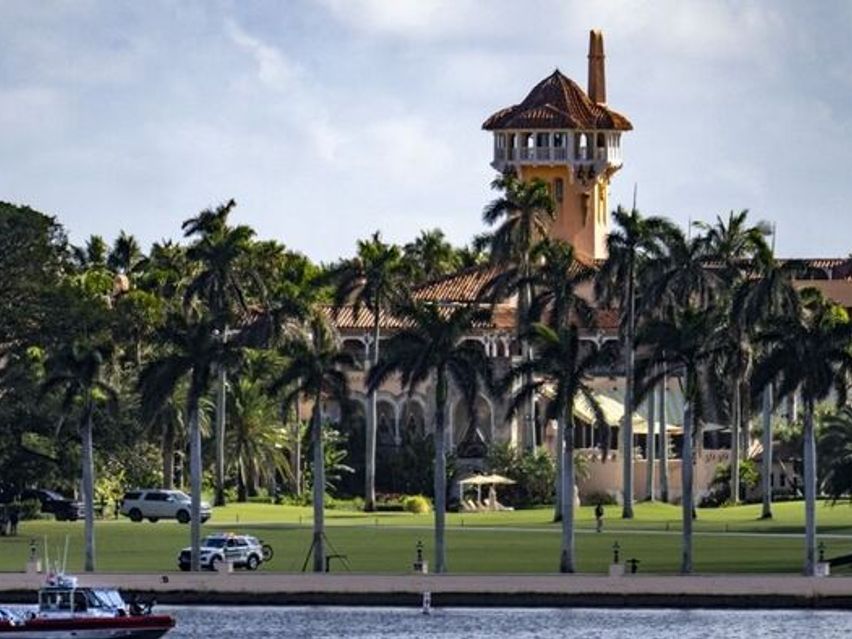

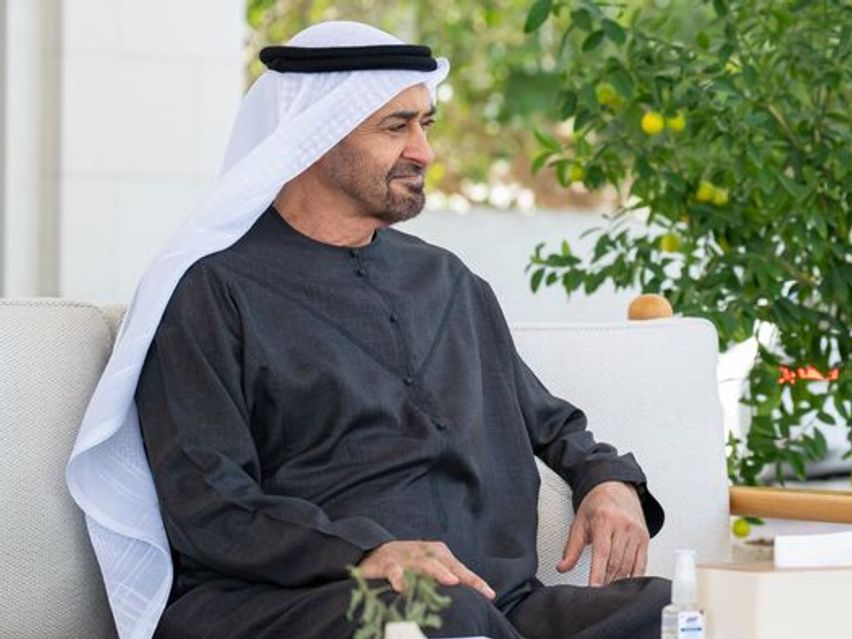
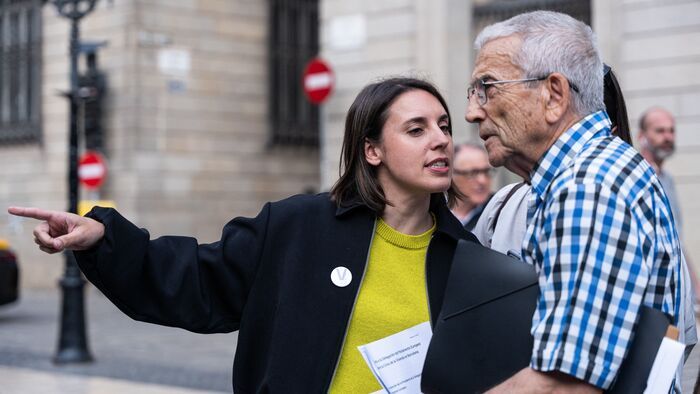

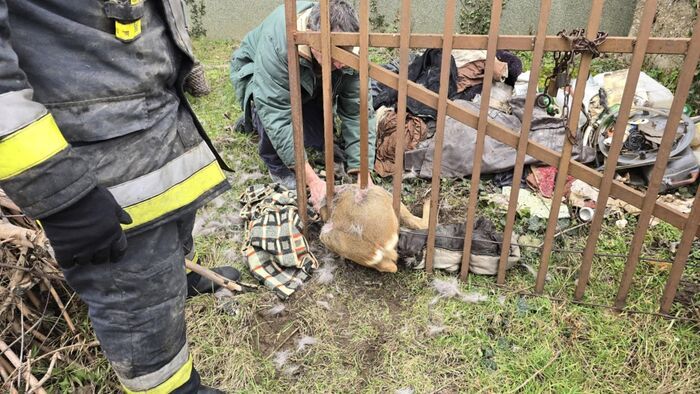


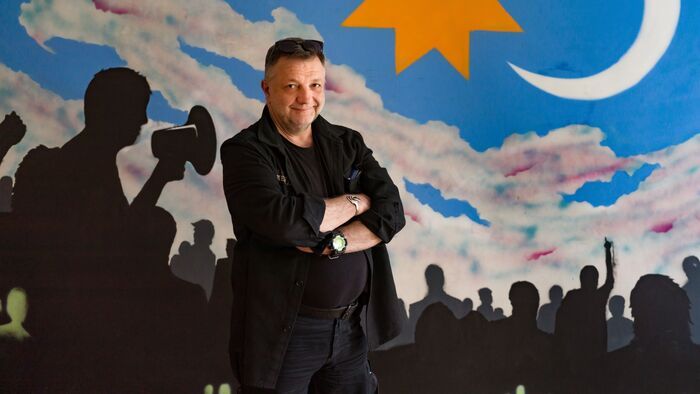
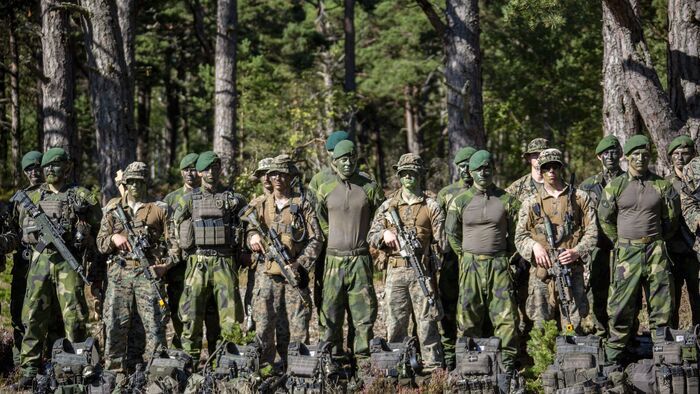
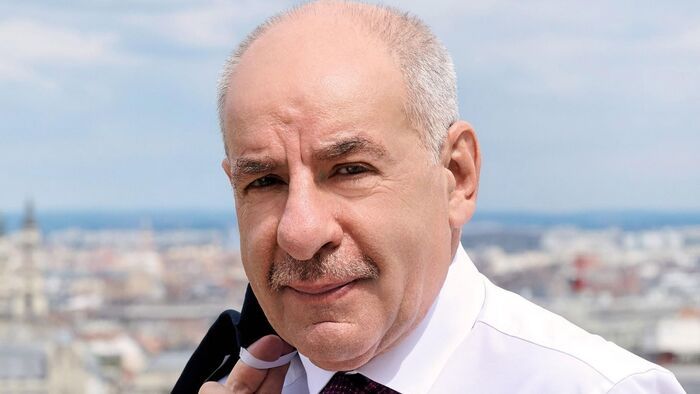
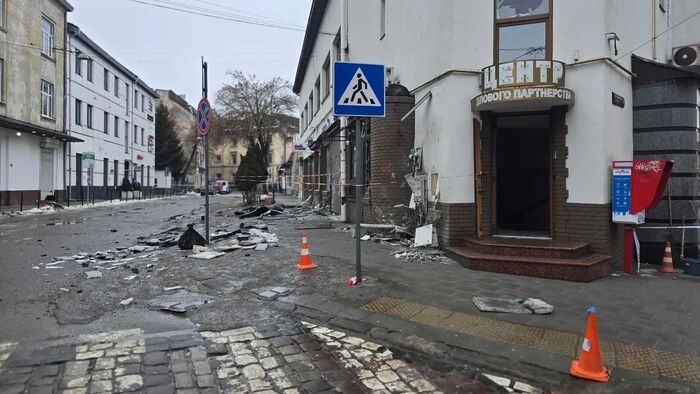



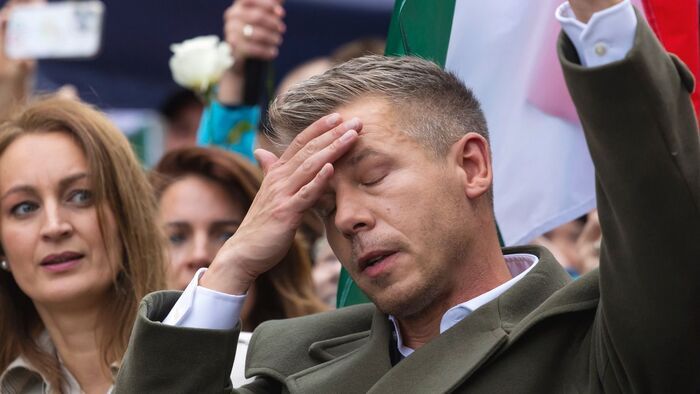

Szóljon hozzá!
Jelenleg csak a hozzászólások egy kis részét látja. Hozzászóláshoz és a további kommentek megtekintéséhez lépjen be, vagy regisztráljon!